Category: Blog
-
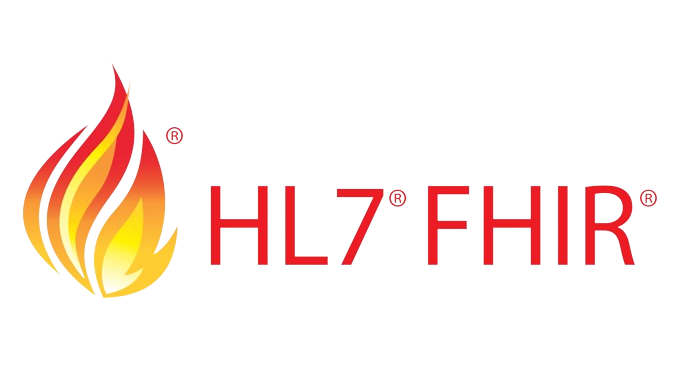
HSDS is now interoperable with FHIR®
As integration of healthcare and social care sectors becomes an ever-hotter topic, we’re excited to announce that we’ve taken a small but significant step forward: the Human Service Data Specifications are now aligned with the protocols for healthcare provider directory information specified by the Health Level Seven (HL7®) Fast Healthcare Interoperability Resources (FHIR®). Continue reading…
-

Introducing Profiles: customize our standard for your domain!
We designed the Human Service Data Specifications (HSDS)to make it easy to share information about human services of any kind. But given the many nuanced differences across human service sectors – and states and countries and etc – it’s just not feasible to standardize every possible kind of information associated with any kind of service anywhere.…
-
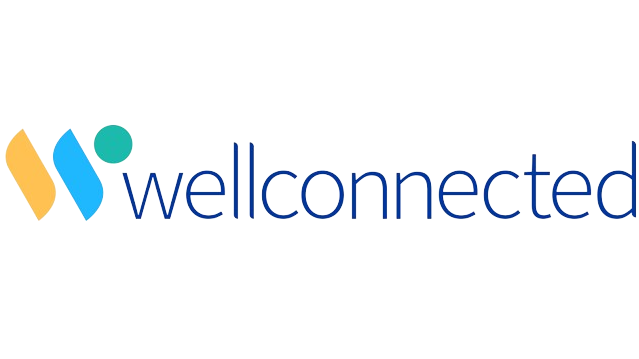
wellconnected’s allco platform: building community in New York and beyond
[Welcome to Stephen Butzler, Community Engagement Lead for wellconnected, who is joining us on the blog today to share insights about their work in partnership with 2-1-1 providers in New York state and beyond. Hi Steve!] On behalf of wellconnected, … Continue reading →
-
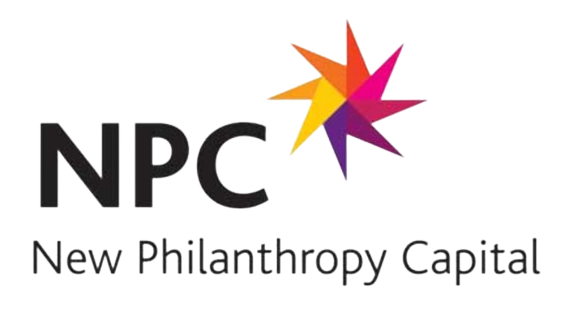
Report: building community-based service signposting infrastructure in the UK
NPC (New Philanthropy Capital) is a UK-based nonprofit whose mission is to help nonprofits and those that fund them to maximise their impact for the people they exist to serve. We work with individual nonprofits and funders to help them develop their strategies, learn and improve as individual organisations, and over our 20 year history…
-
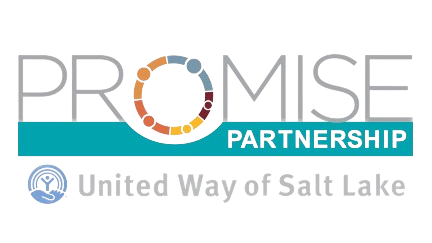
Laying the foundation for a community information exchange in Utah
In 2021, Utah’s incoming governor Spencer Cox outlined a plan – the One Utah Roadmap – to address key priorities for the state in his first 500 days, ranging from coordinated COVID response to addressing the social determinants of health. In support of these priorities, the Governor’s office formed a working group focused on the…
-
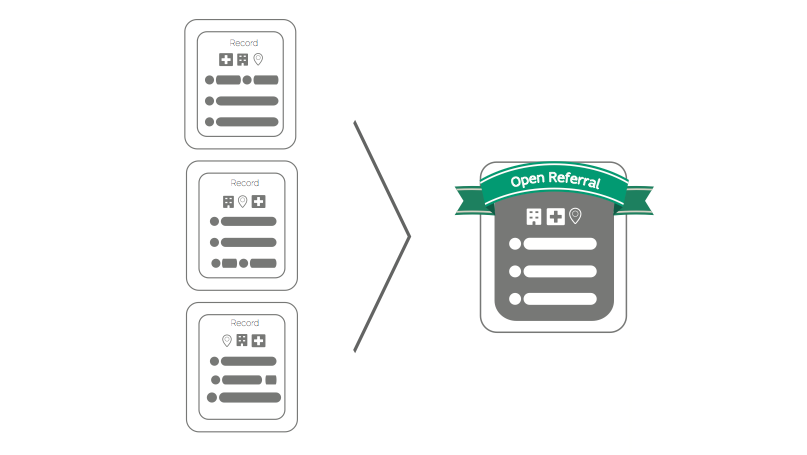
Introducing Version 3.0 of the Human Service Data Specifications
UPDATE: As of May 1st 2023, this upgrade is considered official! Thanks to our workgroup and all those in the community who contributed input. Read below for details.[This post is from Dan Smith, Open Data Services Cooperative’s Partnerships Lead for Health, Social and Physical Activity Data. Welcome, Dan!] We are excited to share a proposal…
-
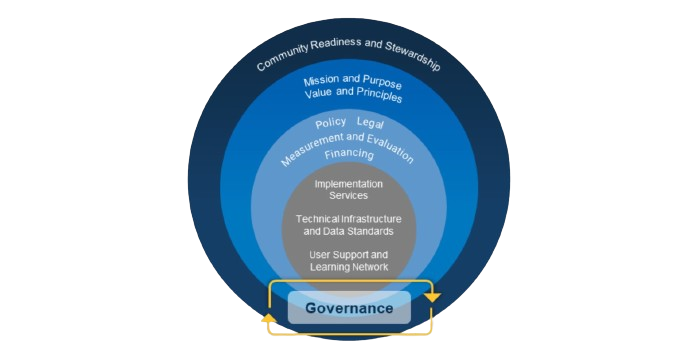
Just Released: Toolkit for information exchange initiatives from the Office of the National Coordinator of Health IT at HHS
I’m excited to share with you this toolkit for information exchange initiatives that aim to address the social determinants of health – shared by the Office of the National Coordination for Health Information Technology at the US Department of Health and Human Services (known as ONC). The toolkit (PDF downloadable here) synthesizes subject matter expertise…
-

Our 2022 Year in Review
Our 2022 Year in Review report is now available to review! This annual practice of review and reflection is an opportunity for us to step back and assess our progress across multiple objectives as we work towards our shared goal: a future in which it’s easy to share, find, and use information about the resources…
-
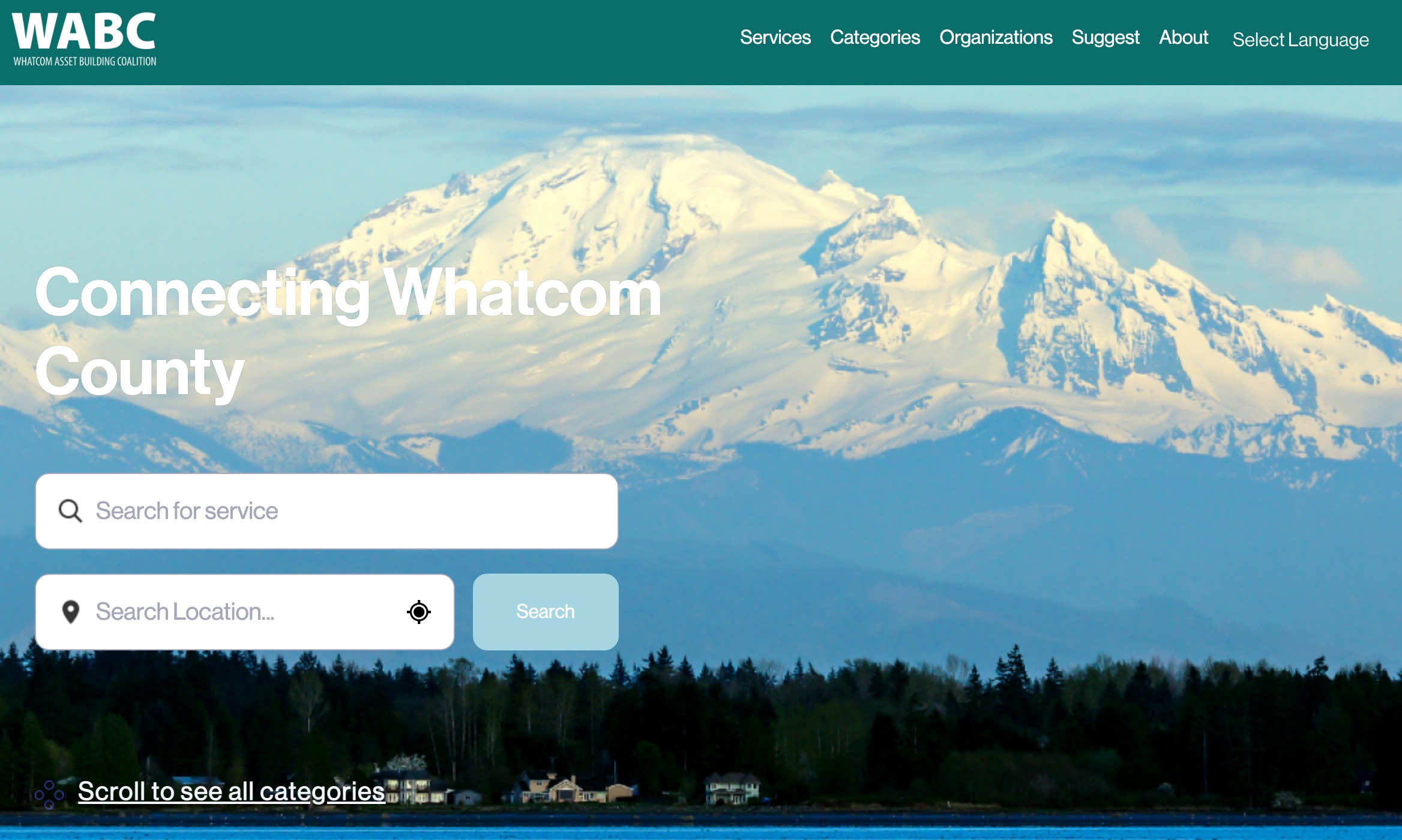
Introducing the Whatcom County Resource Information Collaborative
This post is brought to us by Kristi Slette, Secretariat of the Whatcom Resource Information Collaborative in Washington state. Welcome, Kristi! Washington state’s Whatcom County – the north western most county in continental U.S. – is a resourceful community with many collaborative community-based organizations that serve residents in need. For many years, the leadership and…